The American Kidney Foundation estimates that 1 in 10 Americans will develop kidney stones at some point in their lives. These hard crystals form in the kidneys and can be as small as a grain of sand or as large as a golf ball (though this is rare).
Small stones will usually pass through the urinary tract and out when you urinate, and can cause pain. Larger stones can get stuck in the ureter, leading to a range of symptoms such as lower back pain, blood in the urine, inability to urinate, painful urination, nausea or vomiting, fever or chills.
Many lifestyle factors, such as dehydration, obesity, or a diet high in salt and sugar, can cause kidney stones. While these risk factors can't be completely controlled, a new study suggests dietary tips to help protect yourself.
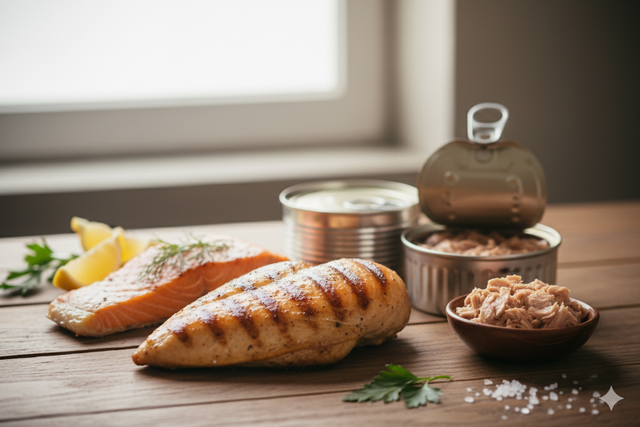
Vitamin B3 found in chicken breast, salmon, tuna... helps prevent kidney stones.
Photo: AI
Niacin may reduce the risk of kidney stones by 22%
A new study published in the journal Scientific Reports looked at the link between dietary niacin intake and the risk of kidney stones in adults in the United States. Researchers analyzed the health and dietary history data of 28,508 participants between 2007 and 2018 to come up with the results. The study concluded that consuming more niacin (also known as vitamin B3) can reduce the risk of developing kidney stones by up to 22%.
Researchers have shown that many kidney stones are made up of calcium oxalate (an insoluble calcium salt that forms due to oxidative stress and inflammation). Niacin has antioxidant properties that help fight oxidative stress, thereby reducing inflammation and tissue damage.
Not only good for kidney health, niacin is also one of the good vitamins for people with high cholesterol. According to Best Life magazine (USA), high levels of niacin have been shown to reduce bad cholesterol (LDL) and increase good cholesterol (HDL). In addition, niacin also helps reduce triglycerides (a harmful blood lipid at high levels) and helps improve blood circulation.
How to get more niacin into your diet?
The Institute of Medicine recommends that adult men consume 16 mg of niacin daily, and women 14 mg. The tolerable upper limit for adults is 35 mg per day. Accordingly, the foods that contain the most niacin include:
- Beef liver
- Chicken and chicken breast
- Sockeye Salmon
- Canned tuna
- Pork tenderloin
- Lean ground beef
- Brown rice
- Peanut
- Nutritional supplements.
There are also niacin supplements on the market, however, this study only examined the effects of niacin from diet.
Source: https://thanhnien.vn/loai-vitamin-giup-giam-nguy-co-mac-soi-than-185251116115727904.htm






![[Photo] Prime Minister Pham Minh Chinh meets with representatives of outstanding teachers](https://vphoto.vietnam.vn/thumb/1200x675/vietnam/resource/IMAGE/2025/11/15/1763215934276_dsc-0578-jpg.webp)

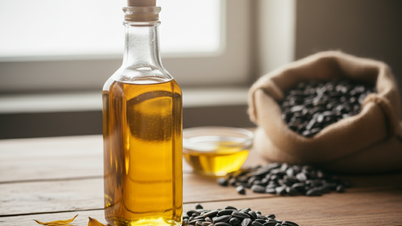
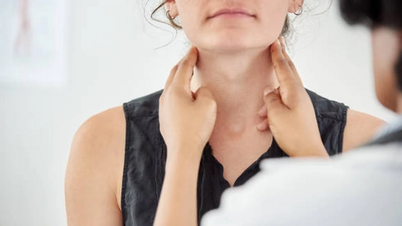

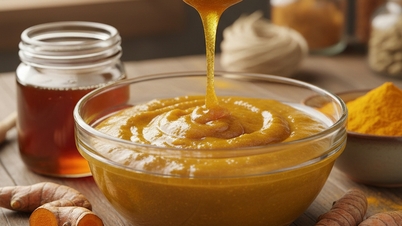

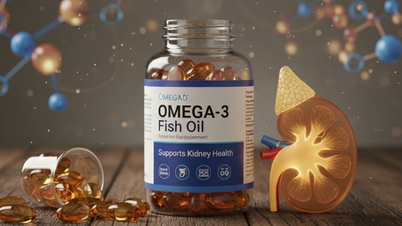
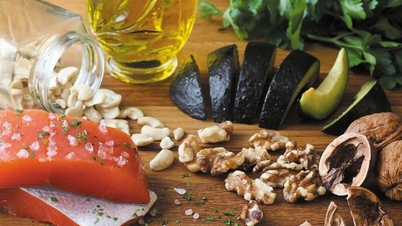





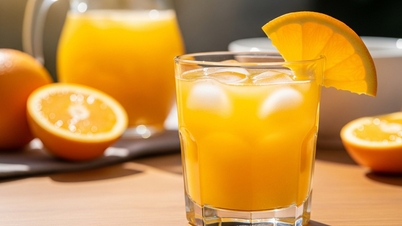

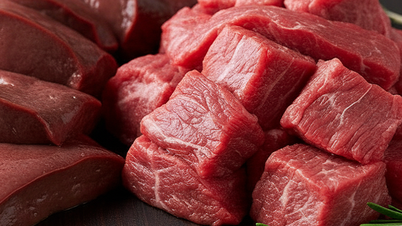









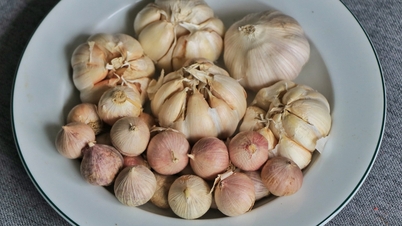







































































Comment (0)